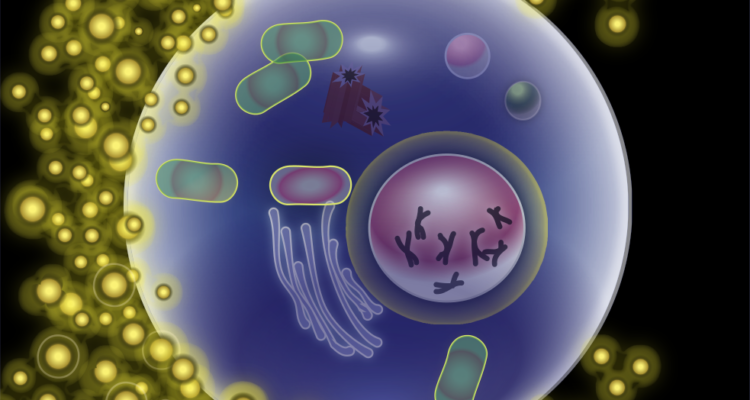
The aim is to improve fertility, as women are delaying having children, often causing problems in reproduction.
Israeli researchers have discovered a method to reverse the aging of egg cells in mice that could eventually improve fertility in women who want to have children later in life.
It has long been known that human eggs gradually deteriorate as they age. This often leads to infertility, as by the time women reach their late thirties, their eggs have accumulated so much damage to their DNA that they are unable to mature.
Another common problem is that due to the aging process, virus-like sequences in the DNA or actual fragments of viruses can become activated, causing genetic abnormalities such as Down’s syndrome.
Using molecular biology tools, a team assembled by Dr. Michael Klutstein, head of the Chromatin and Aging Research Lab in the Faculty of Dental Medicine in Hebrew University (HU) in Jerusalem, identified specific factors in the aging process that cause the failure of the system to keep the damaging elements repressed and inactive.
They did it by using chemicals that copied the body’s method of halting the repression of the destructive DNA sequences, leading to the release of viruses that harmed both human and mice egg cells’ ability to mature.
Since viruses were the cause of the problem, the team, led by doctoral student Peera Wasserzug-Pash, tested anti-viral drugs to see if they could prevent the damage. Their research showed that the drugs actually reversed the aging process in mouse egg cells, making them fully functional once more.
“Within a decade, I hope
we will be able
to increase fertility among
older women,
using anti-viral drugs,”
Klutstein said.
The team also managed to insert two genes into the mice DNA that produce enzymes which prevent the destructive virus-activation process from beginning.
The research was conducted in collaboration with clinicians from Hadassah-Hebrew University Medical Center and Shaare Zedek hospital. Their findings have just been published, in time for International Women’s Day, in Aging Cell, a monthly, peer-reviewed, open access journal that focuses on the biology of aging.
(World Israel News).